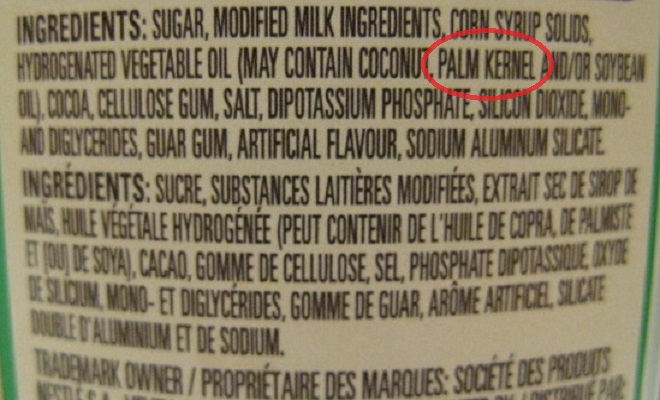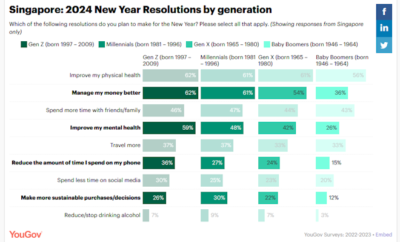
Health x Wellness
Consumption Of Palm Oil Results In Higher Bad Cholesterol Than Other Vegetable Oils
Palm oil is a tropical vegetable oil which is high in saturated fat, higher than most other vegetable oils such as olive and sunflower oils.
A study has shown that palm oil consumption results in higher LDL cholesterol, or bad cholesterol, than vegetable oils low in saturated fat. This increase in LDL cholesterol – 0.24mmol/L – may translate to a 6% higher risk of coronary artery disease (CAD) mortality and CAD incidence.
When compared with vegetable oils low in saturated fat, palm oil also increased total cholesterol by 0.35mmol/L and slightly increased HDL cholesterol, or good cholesterol, by 0.02mmol/L.
Associate Professor Rob M. van Dam from the National University of Singapore (NUS) Saw Swee Hock School of Public Health (SSHSPH) who led the study said: “Palm oil is widely perceived as neutral and sometimes even promoted as healthy. Even recent scientific reviews have suggested that the evidence for detrimental effects of palm oil on blood lipids is inconsistent. This is the first systematic review that clearly shows the effects of palm oil on LDL cholesterol as compared to vegetable oils low in saturated fat.”
After reviewing and analysing data from a total of 30 relevant published reports of clinical trials on the effect of palm oil on blood lipids, researchers also found that consumption of palm oil results in higher HDL cholesterol than oils containing trans fats such as vegetable shortening and partially hydrogenated vegetable oil. This suggests that in small amounts palm oil may be a suitable replacement for trans fat to retain sensory characteristics of specific foods, for example crispiness and light texture for foods such as doughnuts and crackers. Results across studies were relatively consistent for higher quality (randomised) studies when the level of oil consumption and composition of the comparison oils are considered.
Cooking oils labelled as “vegetable oils” in Singapore are generally 100% palm oil while blended oils are mostly palm oil, added Assoc Prof van Dam. “Many snacks and even 3-in-1 coffee contain palm oil. It would be good to educate consumers to learn to check whether palm oil constitutes a major proportion of the ingredients in the food items they purchase and the healthier alternatives (such as canola oil, rice bran oil, soybean oil, sunflower oil or olive oil) they should choose from instead.”
While the reduction in CAD risk from consuming vegetable oils low in saturated fat instead of palm oil seems modest, there can be population-wide changes. For example, if most Singaporeans reduce their LDL cholesterol by replacing palm oil with low-saturated fat vegetable oils, the number of cases of CAD and CAD mortality that can potentially be prevented nation-wide would be significant.









